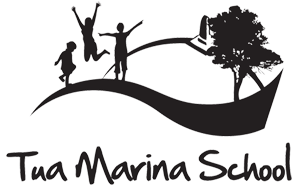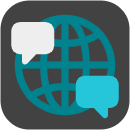In Science, students explore how both the natural physical world and science itself work so that they can participate as critical, informed, and responsible citizens in a society in which science plays a significant role.
Beliefs
- Students need to develop the knowledge, skills and attitudes that enable them to problem solve and make decisions from a scientific perspective taking into account social and ethical considerations.
Learning Goals
Through our teaching and learning programmes our students should understand the nature of science by:
-
- Developing an understanding of the world based on scientific theories
- Developing knowledge of fair testing and scientific investigation processes
- Understanding the implications of science as it relates to their own lives and cultures and the sustainability of the environment
- Understanding science through the following contexts (strands):
- Living World – students recognise that all groups of living things have life processes, common and unique requirements, and adapt to and interact with their environment in particular ways.
- Planet Earth & Beyond – students have understandings about the natural processes on Earth (erosion, weather systems) and the solar system (day and night), and the interdependence of land, air, water, and life.
- Physical World – students have explanations for a variety of physical phenomena such as light, sound, heat, magnetism, motion, energy.
- Material World – students describe and group materials based on properties and recognise permanent and temporary changes in materials in everyday situations
Teaching and Learning Guidelines
Our teaching and learning programmes will:
- Provide meaningful contexts
- Be integrated with Inquiry Learning Units and also be taught as stand-alone science units as appropriate
- Incorporate Enviro Schools and Living Landscapes programmes
- Model and teach the scientific process
- Model the use of scientific language and equipment
- Provide opportunities for fair testing, identifying and classifying, modelling, pattern seeking, and researching
- Reflect the Tua Marina Curriculum Overview
- Link to key competencies, principles and values
- Consider the learning environment – intellectual, emotional, physical, and cultural engagement
- Use a variety of teaching strategies
- Incorporate ICT and Thinking Skills when appropriate
- Make use of staff strengths and community expertise
Planning
- The New Zealand Curriculum will provide the basis for the teaching and learning programmes.
- Refer to PEAK Inquiry Learning Model and MOE resources when planning e.g. TKI, and Building Science Concepts Handbooks
- Planning will follow a coherent pathway from curriculum plans to long term plans to unit or weekly planning to teaching and learning
- Students will participate in the School Science Fair on a biannual basis (even years).
- Assessment data and information about students will be used to determine the teaching and learning programme.
Assessment
Information on student achievement will be gathered and analysed through a range of assessment practices e.g. rubrics, self/peer assessment, observation, NEMP tasks, etc.


